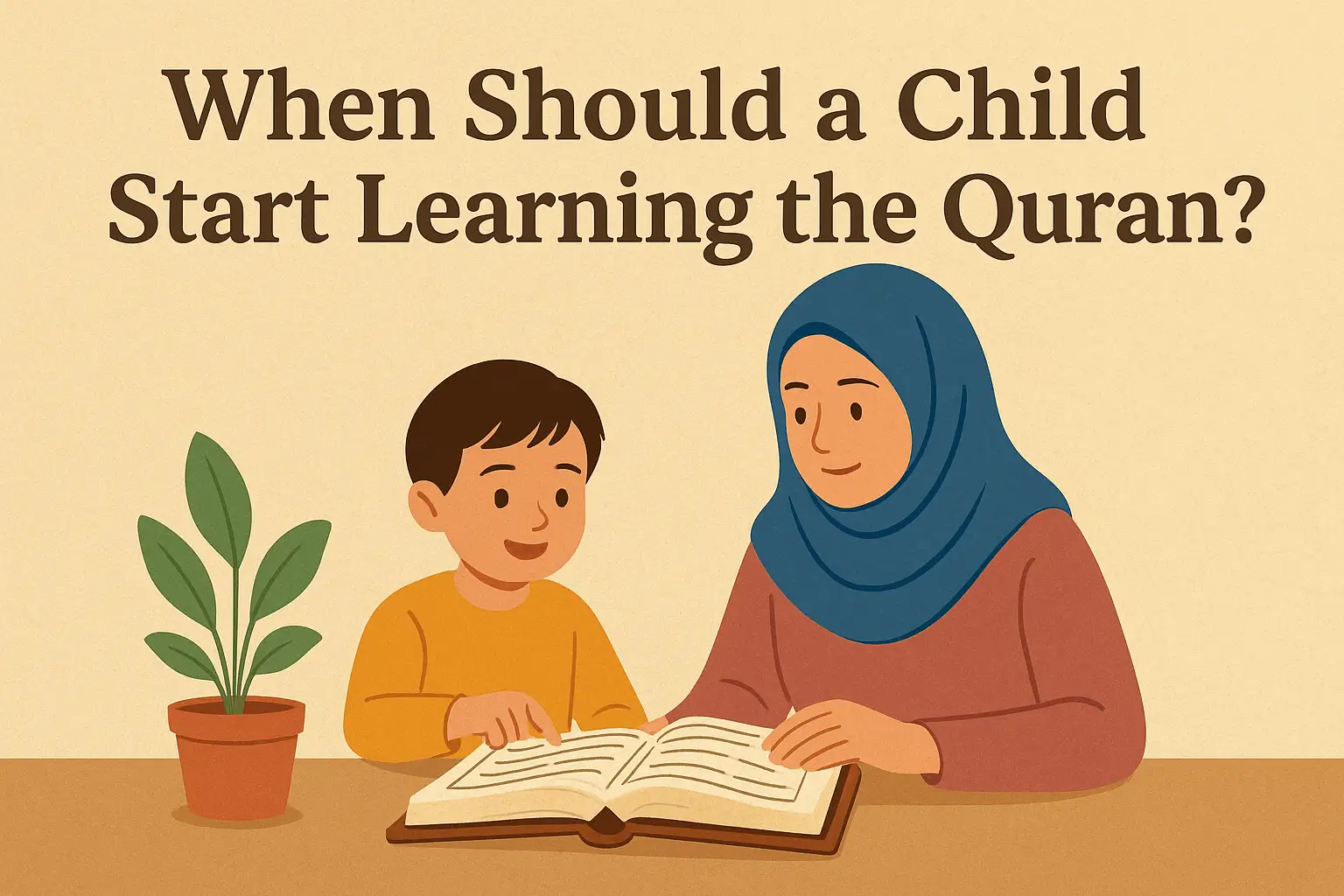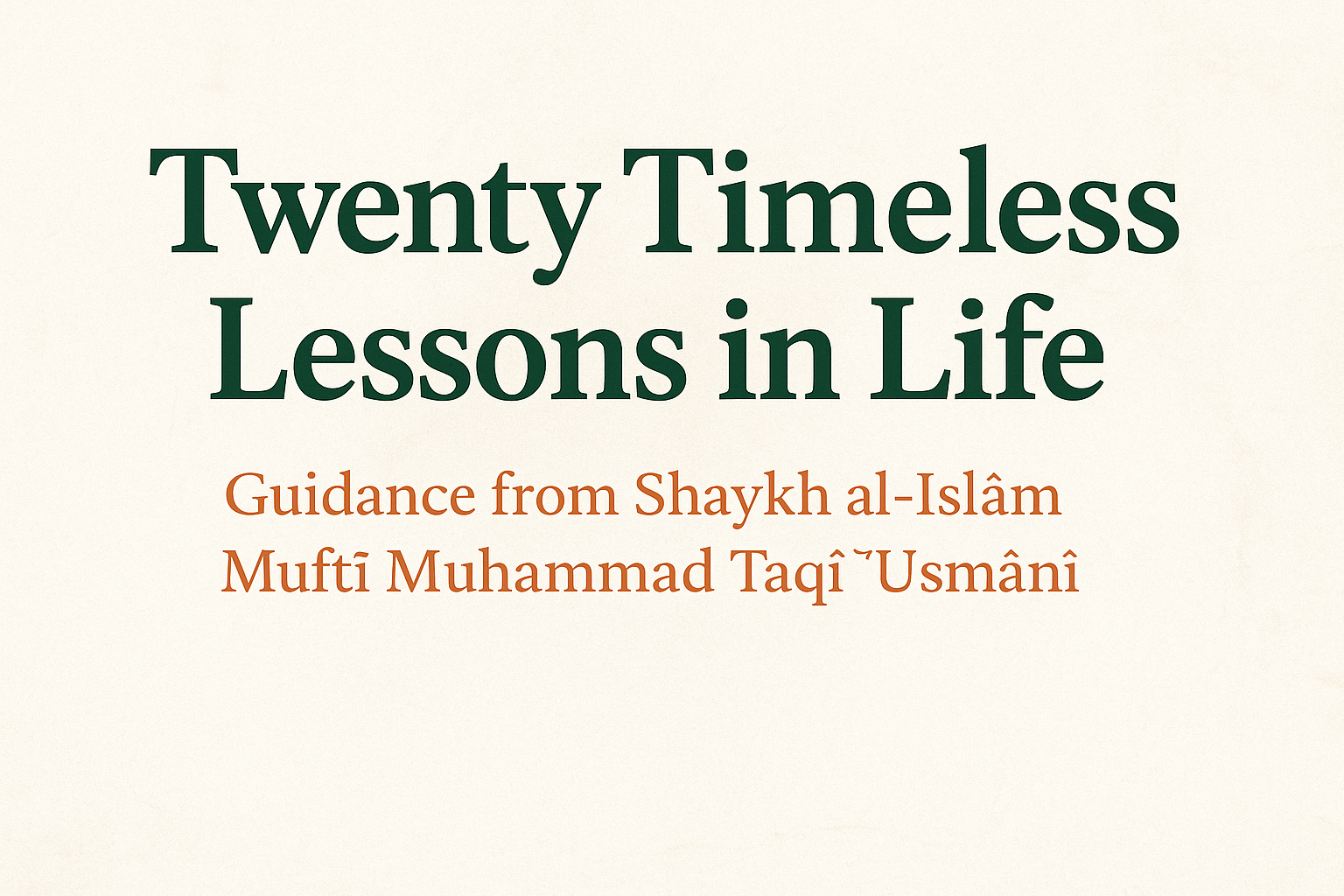When Should a Child Start Learning the Quran? A Balanced Guide for Parents
One of the most common questions parents ask is: When should my child start learning the Quran? The truth is, there is no one-size-fits-all answer. Every child grows at a unique pace—spiritually, emotionally, and mentally. At Al Maknoon Quran Academy, we believe Quran learning should be introduced with love, patience, and wisdom, not pressure.
1. Every Child Develops at Their Own Pace
Some children start recognizing Arabic letters and showing interest as early as age 3 or 4, while others may not feel ready until 6 or 7. Trying to push a 2-year-old into structured Quran lessons often backfires. At that age, their world is about play, colors, and discovery.
Tip for Parents: Look for signs of readiness—such as curiosity about Arabic sounds, an eagerness to listen to Surahs, or imitating older siblings who recite the Quran.
2. Start with Love, Not Pressure
The Prophet ﷺ said: “Make things easy and do not make them difficult; give glad tidings and do not repel people.” (Bukhari & Muslim)
Instead of rushing children into memorization, start with short recitations like Surah Al-Fatihah or Surah Ikhlas. Share Quranic stories about the Prophets, and play nasheeds that carry positive Islamic messages. This makes the Quran a source of joy, not stress.
3. Avoid Fear-Based Teaching
At a young age, children are not ready to process heavy ideas about punishment or accountability. If Quran is taught with fear, it may create resistance. Instead, highlight Allah’s mercy, the beauty of Jannah, and the Prophet’s gentle character ﷺ. This builds a safe and loving foundation for faith.
4. Character Before Memorization
The Prophet ﷺ said: “The best among you are those who learn the Quran and teach it.” (Bukhari)
Quran learning is more than memorization—it is about living the Quran. Parents should emphasize values like honesty, kindness, respect for elders, and gratitude. When children see these qualities in daily life, they naturally connect with the Quran’s purpose.
5. Balance Play and Learning
Childhood should still be filled with laughter and creativity. Keep Quran sessions short—5 to 10 minutes for young kids—and integrate them into daily routines like bedtime stories. Celebrate milestones such as learning Surah Al-Fatihah with encouragement and joy.
6. Be Patient and Consistent
Quran learning is a lifelong journey. Some children may finish memorization early, while others take years—and that’s perfectly fine. Consistency is the key. Even 10 minutes of daily recitation builds habits that last a lifetime. Parents should avoid comparing their child’s pace with others.
🌱 Final Thoughts: A Heartwarming Journey
So, when should a child start learning the Quran? The answer is simple: when they are ready, curious, and emotionally open. What matters most is the atmosphere parents create—filled with love, encouragement, and balance. By making Quran learning a joyful experience, you plant seeds of faith that blossom for life.
At Al Maknoon Quran Academy, we offer specialized Quran classes for children designed to nurture both love and understanding of Allah’s Book. Join us in building not just memorizers, but children who live the Quran.



